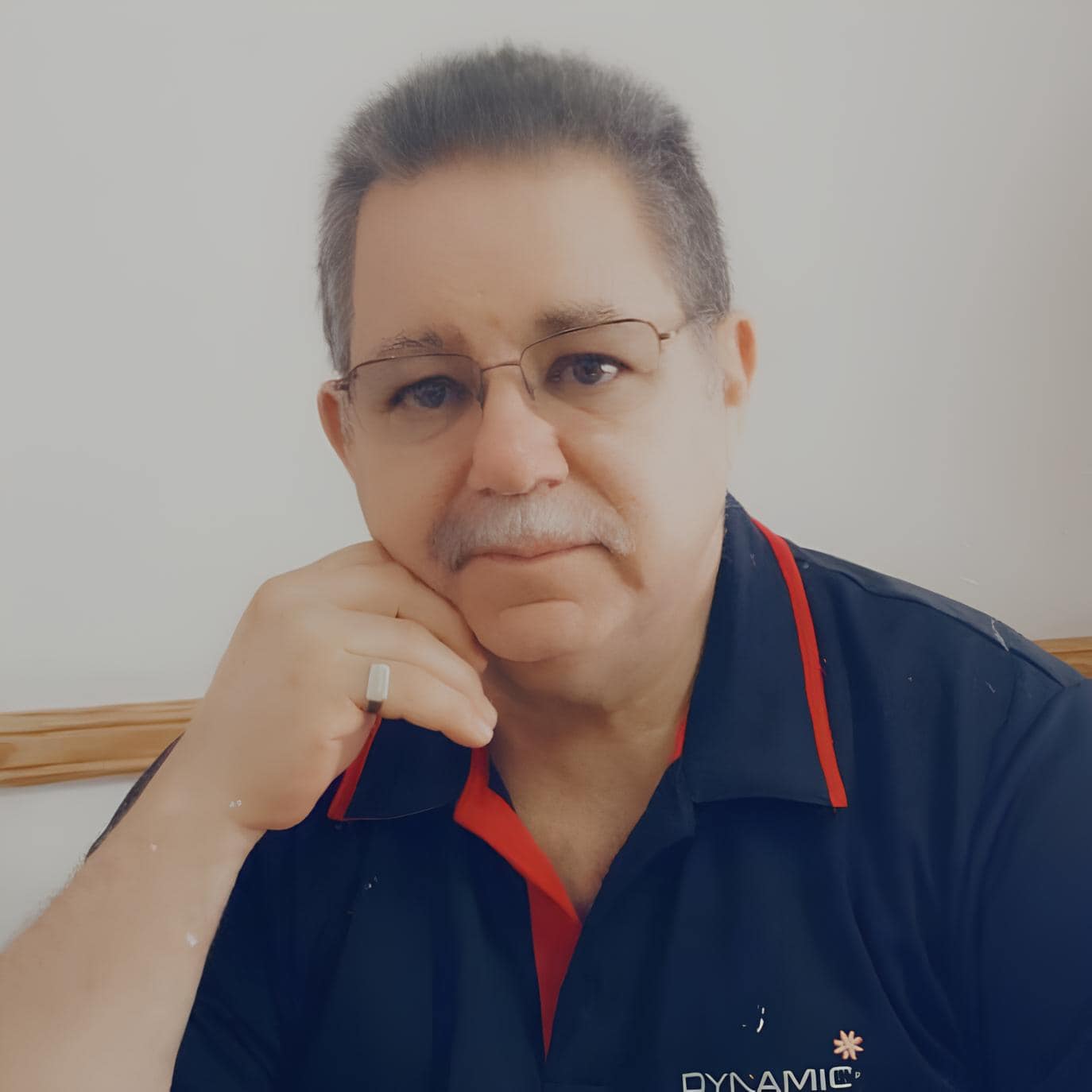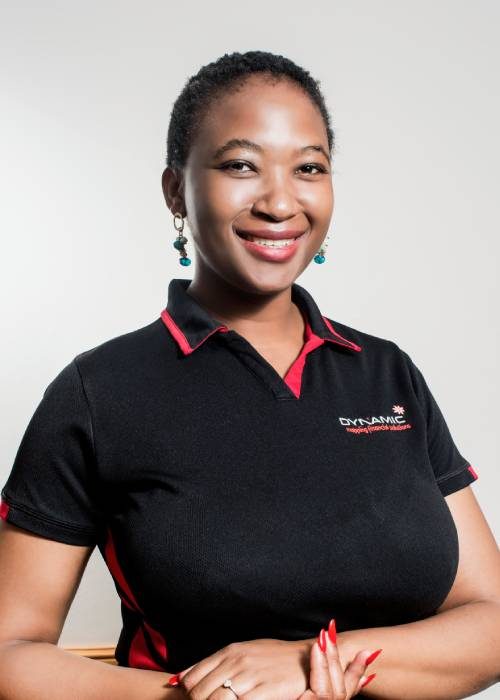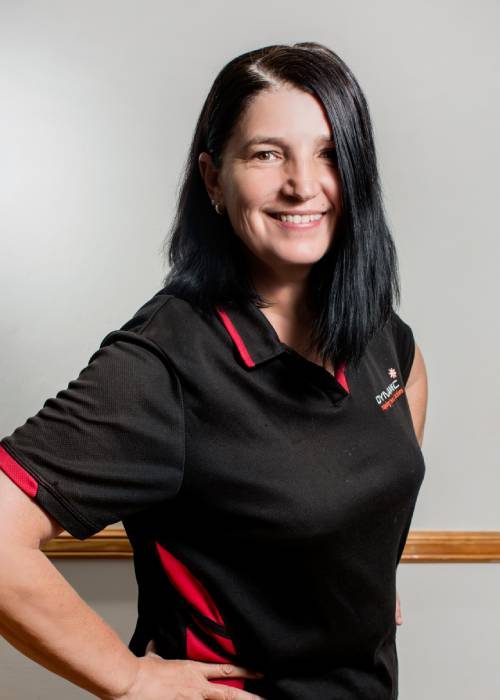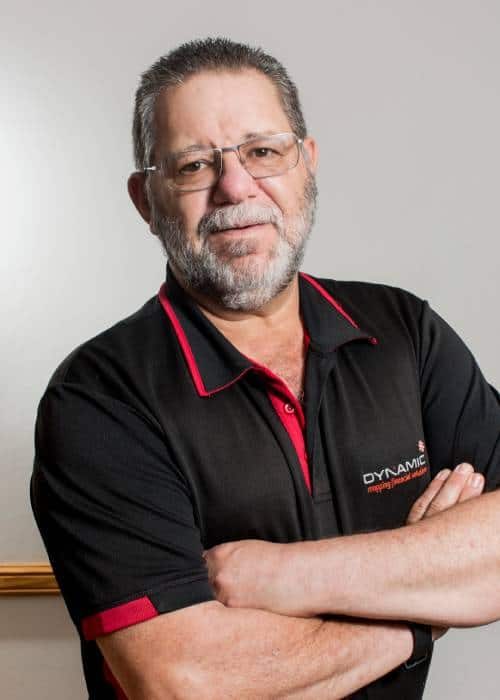Failure to make provision for your debt in your estate plan can leave your loved ones financially compromised.
Making provision for the debt in your estate is an important part of estate planning, and failure to do so can leave your surviving spouse and/or heirs financially compromised. Assets that you had intended to bequeath to your loved ones may need to be sold to pay off the debt in your estate which, besides leaving your heirs in a financially precarious position, could have tax and CGT consequences that your estate is not equipped to deal with. Let’s have a closer look at what happens to the debt in your estate when you die.
Upon passing, all your assets, income and liabilities form what is referred to as your deceased estate. This deceased estate is vested in the Master of the High Court who then appoints an executor to manage the affairs of the estate. The primary function of the executor is to locate and collect all assets, liquidate the estate’s liabilities, and distribute the balance of your estate to your heirs.
If you die intestate, the distribution will take place according to the laws of intestate succession, whereas if you die leaving a valid will, your executor will distribute in accordance with your wishes. Your executor is the legal guardian and legal representative of the assets and liabilities in your deceased estate, and is responsible for ensuring that the estate’s debts are paid correctly and in order of preference, keeping in mind that Sars gets its money first.
After locating and collating the assets in the estate, the next step is for the executor to determine your estate’s liabilities. To achieve this, the executor must publish a notice in the Government Gazette and local newspapers calling for creditors to come forward and lodge their claims against the estate. The manner and order in which the executor pays the estate’s debt are largely dependent on the nature of the debt and the available liquidity in the estate. It is important to note that no beneficiaries can receive any inheritance until all the debt in the estate has been settled and the estate has been wound up, which could take months or even years.
If there is sufficient liquidity or cash in the estate to settle the debt, the executor will pay your creditors accordingly without having to realise any assets in your estate. Once settled, the executor can proceed with distributing the balance of the estate accordingly. On the other hand, if there is not sufficient liquidity in your estate to meet its debt obligations, the executor may need to sell certain assets and use the proceeds to pay the creditors. In doing so, the executor may look for equity in the form of life policies, property, vehicles or other assets to pay the estate’s creditors. If having sold all the assets in the estate, the executor is still unable to settle all the debts, the estate can be declared insolvent and the laws of insolvency will then apply to the estate.
Where you have secured debt, which is debt secured against particular assets – such as a home loan – your property is security for the repayment of the loan, meaning the bank can repossess the home and sell it to pay off the debt. To protect against this, many bondholders take out bond cover to ensure that there is sufficient liquidity in their estate to pay off their home loan should they die. In doing so, they would nominate their estate as the beneficiary on the policy to ensure that the proceeds are paid directly into the estate in the event of death – allowing the executor to pay off the home loan. Where a beneficiary is named on the policy, bear in mind that the proceeds will be paid directly to that beneficiary and, as such, cannot be used to settle the debt in the estate. It is therefore advisable to ensure that your policies are correctly structured to ensure that the executor can settle your home loan without having to realise assets intended for your loved ones.
If you own property jointly with your spouse and your surviving spouse is unable to make the monthly bond repayments, the property may be repossessed by the bank. Importantly, if you are married in community of property, remember that all assets and liabilities from before and during the marriage are shared jointly. This means that, in the event of your passing, all the debts in the joint estate must be settled and only then will your surviving spouse have a claim for their 50% of the net estate.
If you bequeath bonded fixed property to your children without providing liquidity for the home loan to be settled, they may need to register a bond over the property in their own and take over the monthly home loan repayments. If they do not qualify for a bond, they may be left with no choice but to sell the property, which is contrary to your intentions. When paying off the estate’s debt, bear in mind that secured debt is given priority over unsecured debt. In the case of unsecured debt, such as credit card debt which is not tied to any asset, the lender has no asset that they can seize and they will need to take legal action to recover their money according to normal procedure.
If you have joint debt, such as a joint credit card with your spouse, both you and your spouse remain responsible for that debt. If you die, the executor can use money from your estate to settle a portion of the joint debt. However, if there is no money available to do so, your spouse can be held responsible for the full amount, placing an additional financial burden on them. Where the debt is held in your name but you have appointed another person to stand surety for that debt, they can be held responsible for the debt in the event of your death and, if the debt is secured, the creditor will be entitled to repossess and liquidate the asset to recover their monies.
Something that is often overlooked in the estate planning process is that minor children and surviving spouses have a legal right to claim maintenance from a deceased estate, and these claims outrank all other claims, including those of heirs and legatees. In the absence of an express provision in a will, minor children can exercise their common law right to claim maintenance from the deceased estate. Similarly, a surviving spouse who has not been provided for financially by the deceased can bring a claim against the deceased estate in terms of the Maintenance of Surviving Spouses Act for reasonable maintenance, and such a claim ranks in the same order of preference as a minor child. Other preferent claims include a landlord’s legal hypothec, and funeral and death-bed expenses.
As is evident from the above, estate planning is as much about dealing with the assets in your estate as it is making provision for the debt in your estate, and is best navigated with the assistance of an estate planning expert.
Article courtesy of Moneyweb








